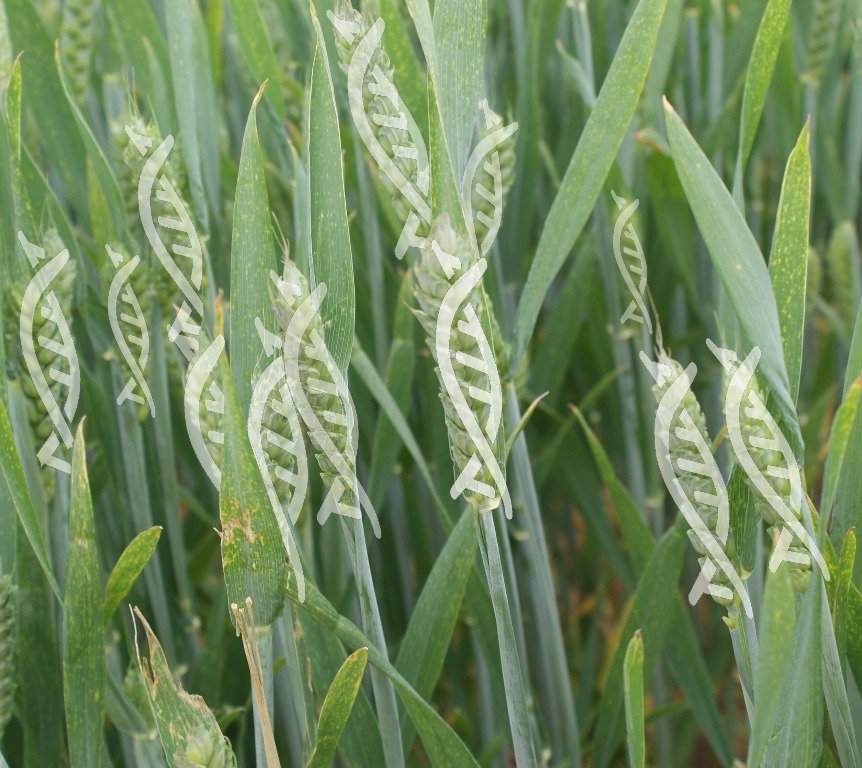Plans to consult on gene editing – which could unlock substantial benefits to nature, the environment and help farmers with crops resistant to pests, disease or extreme weather and to produce healthier, more nutritious food – have been set out by environment secretary, George Eustice in his speech at the Oxford Farming Conference.
The consultation will focus on stopping certain gene editing organisms from being regulated in the same way as genetic modification, as long as they could have been produced naturally or through traditional breeding. This approach has already been adopted by a wide range of countries across the world, including Japan, Australia and Argentina.
Highest standards
The government says it will continue to work with farming and environmental groups to develop the right rules and ensure robust controls are in place to maintain the highest food safety standards while supporting the production of healthier food.
Speaking at the Oxford Farming Conference, George Eustice said: “Gene editing has the ability to harness the genetic resources that mother nature has provided, in order to tackle the challenges of our age. This includes breeding crops that perform better, reducing costs to farmers and impacts on the environment, and helping us all adapt to the challenges of climate change.
“Its potential was blocked by a European Court of Justice ruling in 2018, which is flawed and stifling to scientific progress. Now that we have left the EU, we are free to make coherent policy decisions based on science and evidence. That begins with this consultation.”
Consulting with academia, environmental groups, the food and farming sectors and the public is the beginning of this process which, depending on the outcome, will require primary legislation scrutinised and approved by Parliament.
Huge potential
Responding to the announcement, the NFU has welcomed the consultation, with vice president, Tom Bradshaw, noting the huge potential gene editing has for UK growers. “New precision breeding techniques such as gene editing have the potential to offer huge benefits to UK farming and the environment and are absolutely critical in helping us achieve our climate change net zero ambition.
“Certainty, transparency and trust in the regulation of biotechnologies, such as gene editing, are essential for farmers and industry, society and scientists, so that safe and effective precision breeding can be delivered as part of a thriving, knowledge-based, food and farming sector and we look forward to responding to this government consultation in detail.
“We know that on its own gene editing will not be a silver bullet, but it could be a very important tool to help us meet the challenges for the future.”
The consultation will run for ten weeks from 7 Jan to 17 Mar at 23:59. The full consultation document will shortly be available here on Citizen Space when published at 00:15 and applies to England only.
